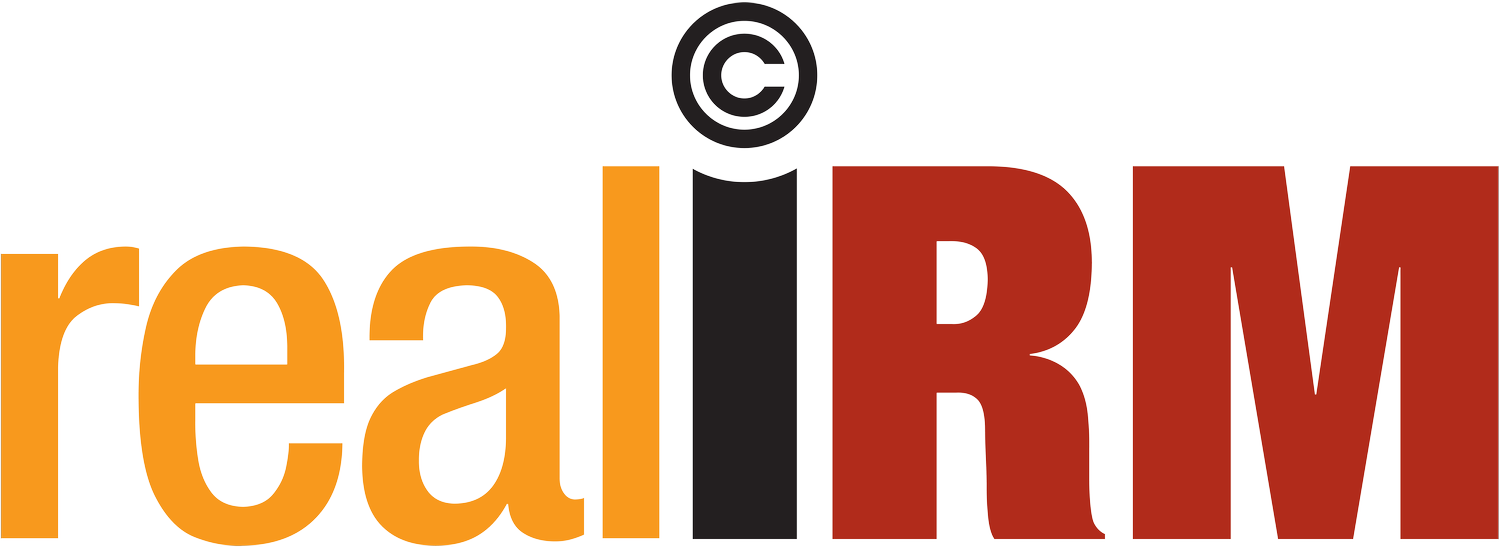Training
Sparx Enterprise Architect for Business Analysts
Introduction
Enterprise Architect is a multi-user, graphical tool designed to help teams build robust and maintainable systems. With built-in requirements management capabilities, Enterprise Architect helps the user to trace high-level specifications to analyse, design, implement, test and maintain models using UML, SysML, BPMN and other open standards.
Course Description
This three-day course will provide the tools and techniques which are vital for effective business analysis using Sparx Enterprise Architect. The course will cover some of the basic modelling conventions used in Sparx Enterprise Architect, and will delve into the specific techniques used to execute a comprehensive analysis of a business problem. A real life case study will be analysed and through practical exercises the participants will model the behavioral requirement of the system in the form of business use cases, activity diagrams, role maps, entity states and more. Structural requirement analysis will also be addressed through practical exercises using entity classes, generalizations, whole/part relationships, transient roles and more.
The techniques that are demonstrated in the practicals are relevant in both agile and waterfall approaches type projects.
COURSE CONTENT
Repositories and Models
- Packages and Diagrams
- Elements, Composite Elements and Cells
- Relationships
Requirements Modelling
Object Oriented Analysis
Business Use Cases
- Activity Diagrams
- Role Map
- System Use Cases
- Scenario Modelling
Entity States
- State Transitions
- State Activities
Entity Classes
- Generalizations, Associations, Multiplicity
- Transient Roles, Whole/Part Relationships
- Attributes, Operations
- Lookup Tables
COURSE INSTRUCTORS
The course instructors have architecture and modelling experience both from consulting and corporate viewpoints and thus are familiar with many real-world challenges.
WHO SHOULD ATTEND?
- Business Analysts
- Process Modellers/Engineers
- Business Architects
- Enterprise Architects
- Information Architects
COURSE LOGISTICS
Courses are available on the public training schedule or on request for groups of five or more candidates.
COURSE FEE
R 10 577 Excl VAT per delegateWe accept EFT and credit card payments.
COURSE PACK INCLUDES
- A printed course manual
- Online reference material
CANCELLATION POLICY
There is a 100% cancellation fee for cancellations made within ten working days of the start of the training event.
Instructor-led training
Course Duration:3 days
Prerequisites:A good working knowledge of the latest Sparx Enterprise Architect version (as provided in the Sparx Enterprise Architect Tool Training)
Equipment:Each delegate must bring a laptop on which Sparx Enterprise Architect is installed. Licenses must be provided, alternatively, the free 30-day trial may be used.
Brochure:Delegate Feedback
"The sessions were good and informative. The instructor took his time to explained and ensured that everyone was following"
"Fantastic course! Definitely taking more courses"
“Course was good”
“Excellent presentation, structure and articulation of course material. Excellent knowledge base of product. Thank you.”
"I will recommend the course for many people".
Upcoming Courses
Register with Real IRM
For more dates please visit our Training Schedule page


